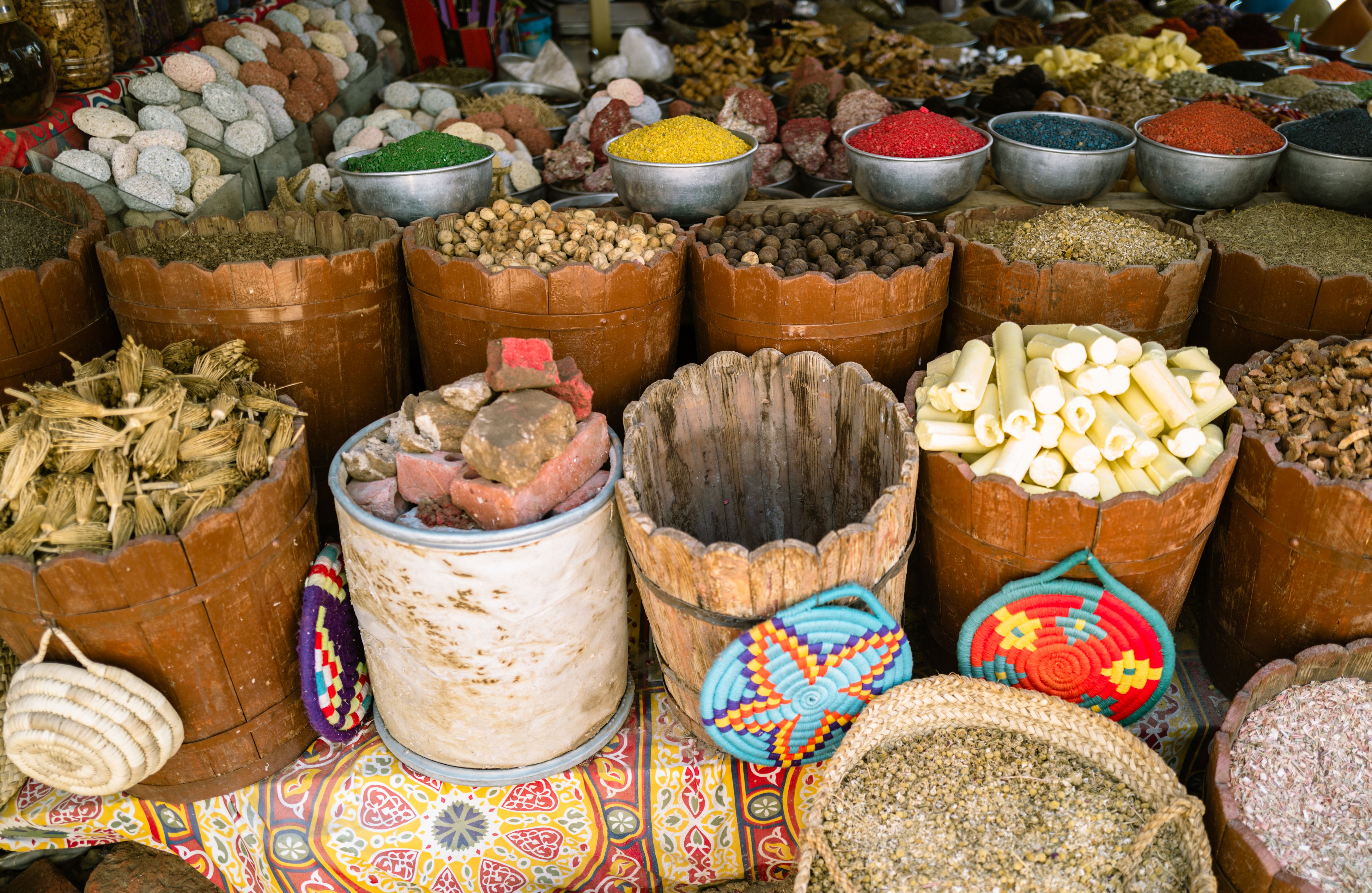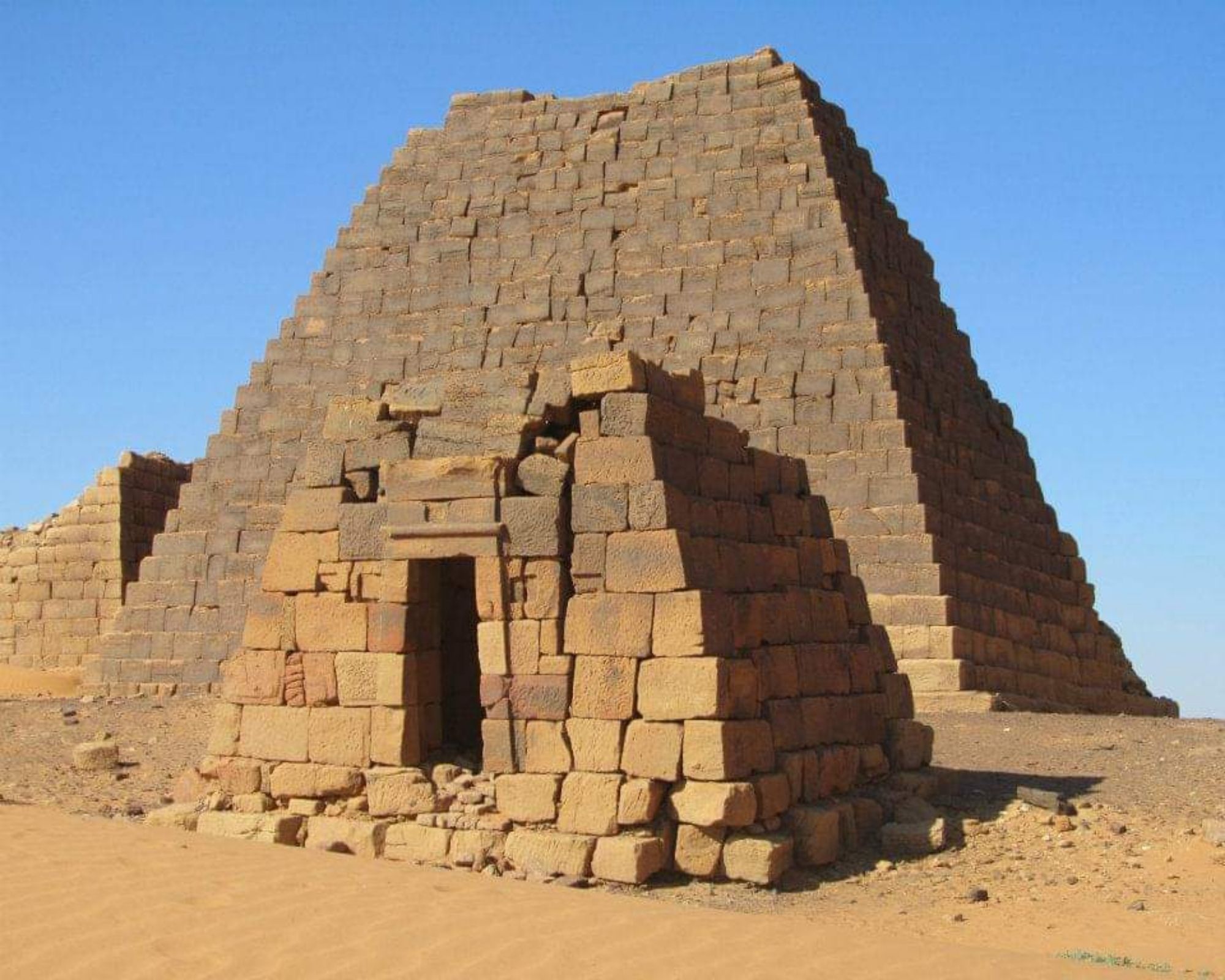30 Days of Land of the Bow Wisdom: Honoring Nubian Ancestral Principles
LP
Unveiling My Nubian Heritage
The Land of the Bow, known as Nubia, holds a rich tapestry of history and culture that echoes through the ages. This region, which spans southern Egypt and northern Sudan, is renowned for its profound contributions to art, architecture, and governance. Over the course of 30 days, we delve into the wisdom of Nubian ancestral principles, celebrating the enduring legacy that continues to inspire and guide.
Nubia's historical significance is often overshadowed by its more famous neighbor, Egypt. However, the region boasts a remarkable civilization that flourished along the Nile River. The Nubians were exceptional in their skill with the bow, a prowess that earned them their name. Beyond their martial achievements, they were also adept in trade and diplomacy, creating a vibrant cultural exchange with surrounding regions.

The Pillars of Nubian Society
At the heart of Nubian society were principles that emphasized community, respect for elders, and a harmonious relationship with nature. These values fostered a strong sense of identity and purpose among the Nubian people. By embracing these principles, we can gain deeper insights into how they shaped their society's resilience and longevity.
One of the key aspects of Nubian culture was their intricate social structure. The society was organized into clans, each led by a chief who maintained order and justice. This system ensured that resources were shared equitably and that conflicts were resolved amicably. The wisdom of working together towards a common good is a timeless lesson that resonates even today.

Nubian Art and Architecture
Nubia's artistic legacy is evident in their stunning architecture and artifacts. The kingdom was home to some of the oldest pyramids in Africa, predating those found in Egypt. These pyramids served as tombs for their rulers and were intricately designed to reflect their beliefs about the afterlife.
In addition to architecture, Nubian art flourished through pottery, jewelry, and textiles. The vibrant colors and intricate patterns found in Nubian craftsmanship continue to inspire modern design. By studying these art forms, we gain insight into the aesthetic sensibilities and cultural priorities of the Nubian people.

Spiritual and Philosophical Insights
Spirituality played a significant role in Nubian life. The Nubians practiced a polytheistic religion that revered natural elements as manifestations of divine forces. Their pantheon included deities associated with fertility, war, and the Nile River, reflecting the importance of these elements in their daily lives.
The Nubians also valued philosophical teachings that promoted balance and ethical living. Their wisdom literature often emphasized virtues such as truthfulness, courage, and humility. These teachings served as moral compasses for individuals striving to lead virtuous lives in harmony with their communities.

Legacy of Resilience
The legacy of Nubia is one of resilience and adaptation. Despite facing numerous challenges from external forces, including invasions and environmental changes, the Nubians consistently demonstrated an ability to adapt and thrive. This resilience is a testament to their enduring spirit and strategic acumen.
Today, as we reflect on 30 days of Land of the Bow wisdom, we find ourselves inspired by the lessons of unity, creativity, and perseverance that define Nubian heritage. By honoring these ancestral principles, we not only preserve their memory but also enrich our own lives with timeless guidance.
